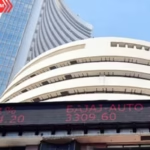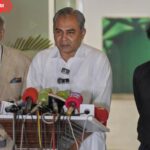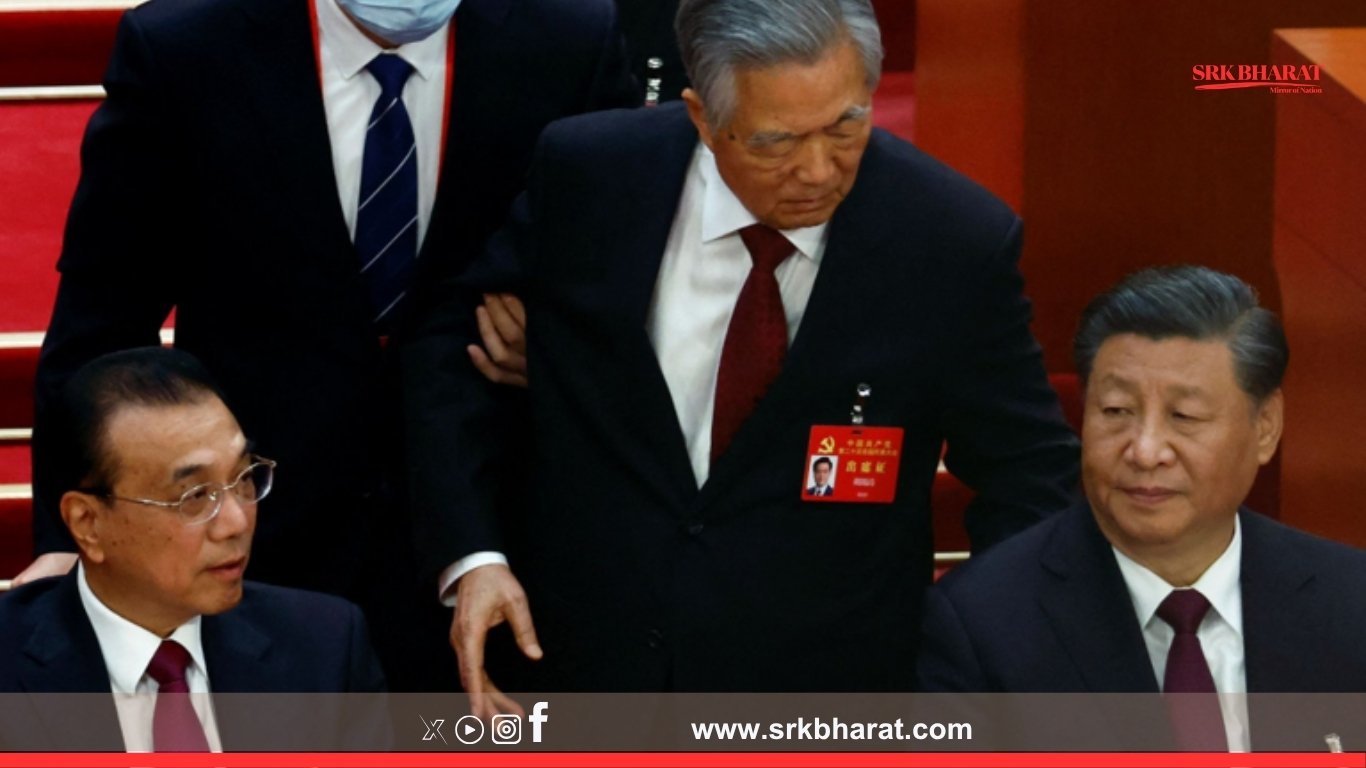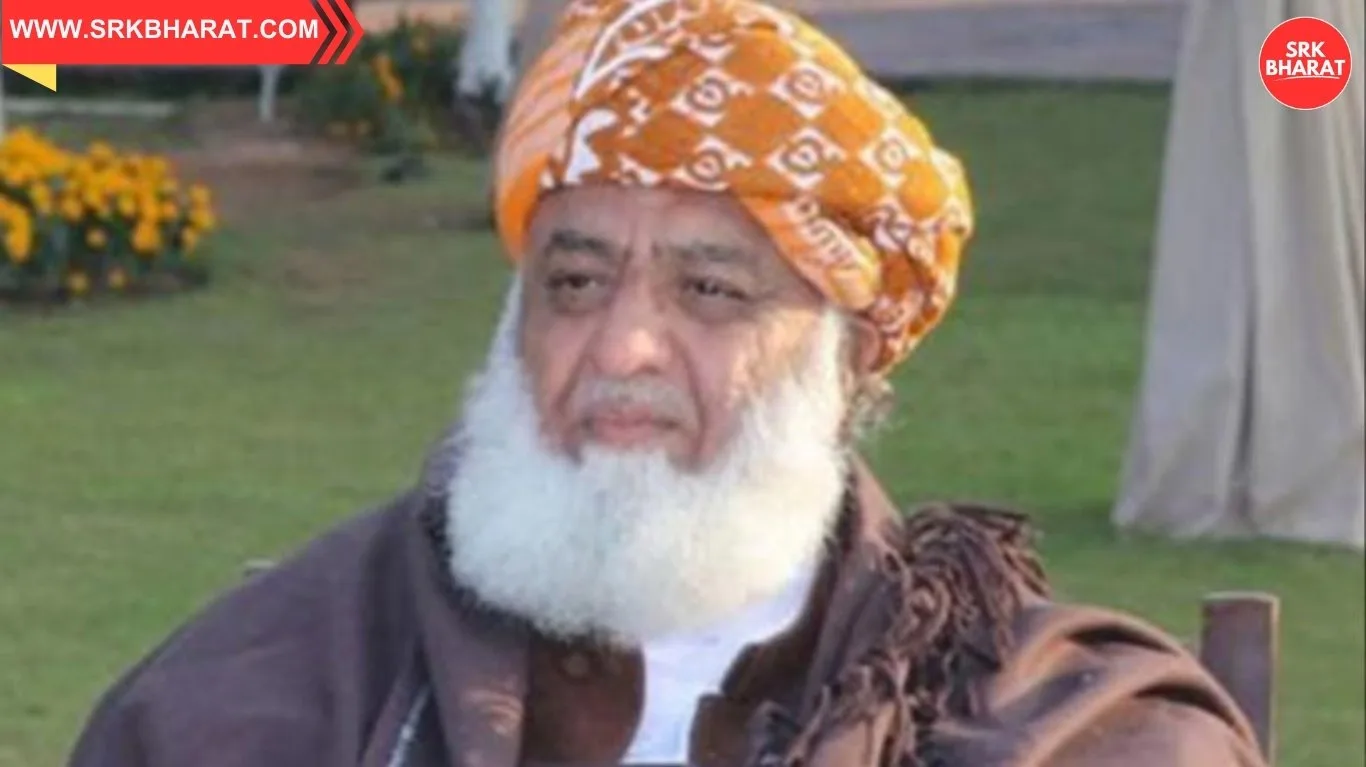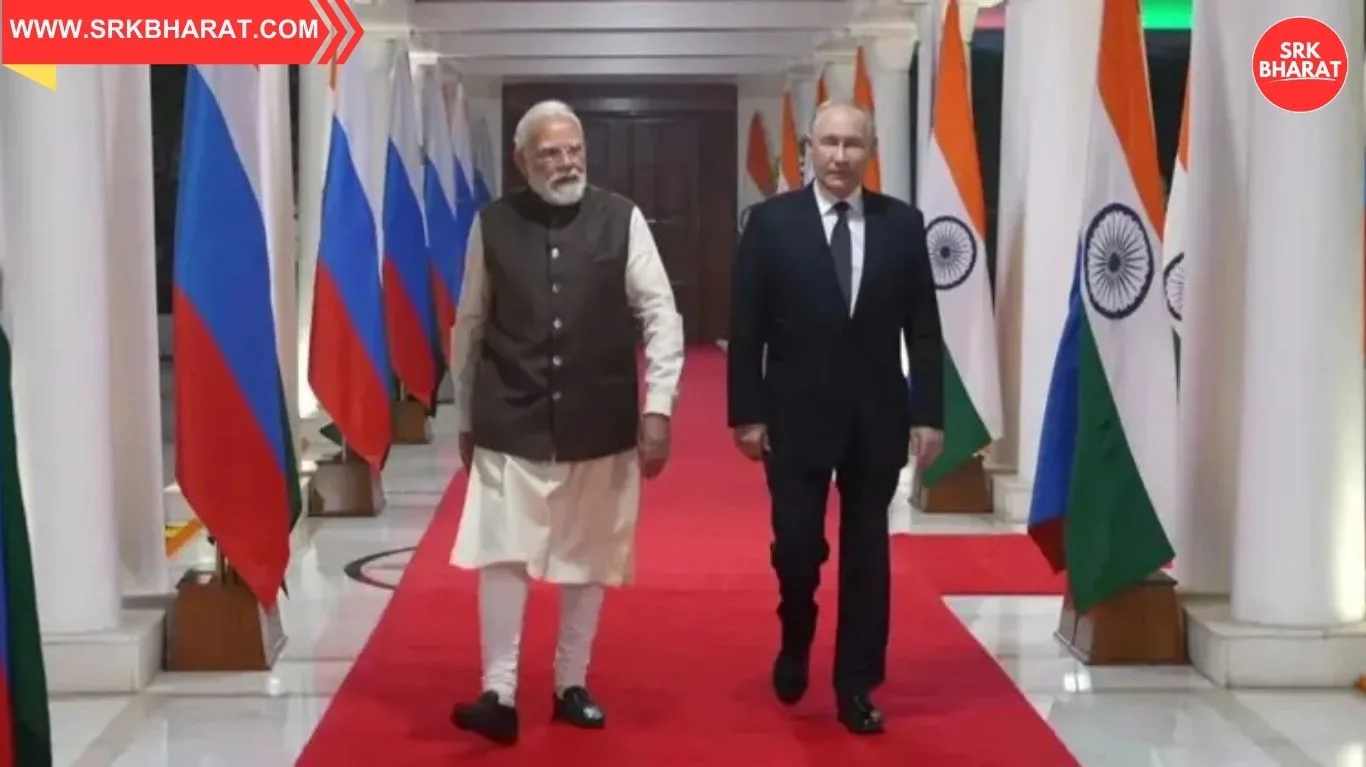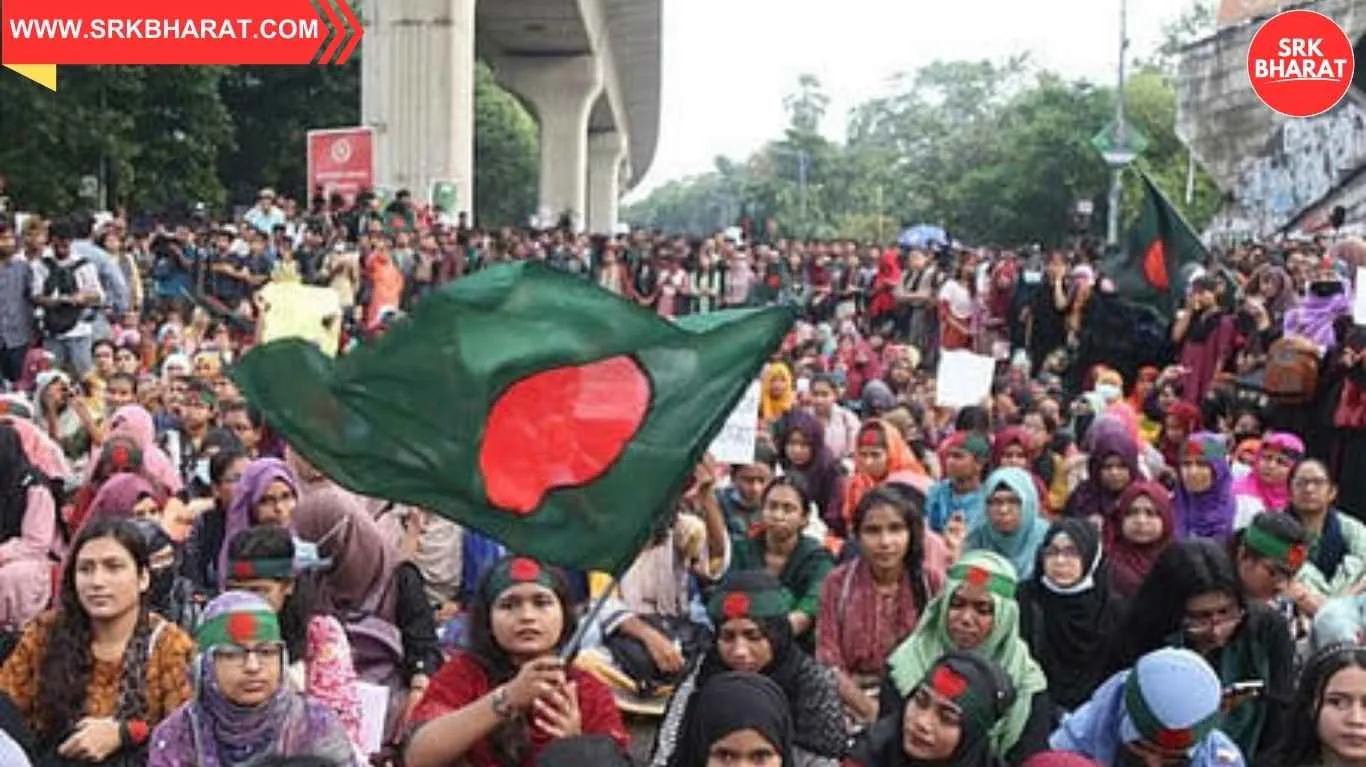Amidst rising internal discontent, economic slowdown, and high-profile disappearances of top generals and ministers, rumours are swirling within Chinese political circles and Western intelligence communities that former President Hu Jintao is quietly rallying forces to weaken Xi Jinping’s grip on power, sparking debates about a potential silent coup against China’s most powerful leader since Mao.
This comes nearly three years after the dramatic public removal of Hu Jintao from the 20th Party Congress in October 2022, an event interpreted globally as Xi’s ruthless consolidation of power. However, analysts suggest that Hu and his allies within the Communist Youth League faction have not faded away, and are subtly leveraging rising public dissatisfaction to stage an internal comeback.
🔍 Why Is Xi Jinping Under Pressure?
| Factor | Impact On Xi’s Regime |
|---|---|
| Economic slowdown | GDP growth slowed to 4.2% in 2024 from 5.5% in 2023, unemployment among urban youth rose to 21.7% |
| Property crisis | Major developers defaulted, undermining middle-class wealth |
| Military purges | Disappearance of two former defence ministers, Wei Fenghe and Li Shangfu, weakened PLA morale |
| Public dissatisfaction | Frequent protests in Guangdong, Henan over wages and layoffs |
| Factional pushback | Return of Hu-linked cadres to provincial leadership roles |
(Source: Chinese National Bureau of Statistics, Pentagon Annual Report, leaked party memos)
🗣️ Who Is Hu Jintao?
- President of China (2003-2013)
- Known for consensus-based governance and economic liberalisation policies
- Represents the Communist Youth League (Tuanpai) faction, often at odds with Xi’s princeling faction
- Humiliated in 2022 after being forcibly escorted out of the Party Congress in front of global media
🔬 The Silent Coup Theory
Western and Taiwanese intelligence assessments suggest a non-military coup attempt in progress, involving:
- Consolidation of Youth League Loyalists:
Recent provincial appointments include former Hu allies in Hebei, Henan, and Hubei, giving them control over party committees and local security apparatus. - Mobilising Retired Leaders’ Networks:
Former Premier Wen Jiabao and ex-Vice President Li Yuanchao reportedly coordinating opinion pieces in internal party journals criticising “strongman errors” (a veiled attack on Xi’s autocracy). - Military Sympathisers:
Some retired generals purged by Xi are allegedly in touch with Hu’s faction to block further purges and slow down PLA structural reforms.
📊 Timeline Of Recent Key Events
| Date | Event |
|---|---|
| October 2022 | Hu Jintao forcibly removed from Party Congress |
| August 2023 | PLA Rocket Force commander and political commissar removed; no explanations given |
| February 2024 | Youth unemployment crosses 20%, triggering student protests |
| April 2024 | Former Premier Wen Jiabao publishes indirect criticism of Xi’s policies |
| June 2025 | Rumours of secret meetings between Hu loyalists and military retirees emerge in Taiwan media |
🗣️ Expert Views
Drew Thompson, ex-Pentagon China Desk Official (Singapore):
“Xi’s removal of rivals created simmering discontent. If the economy falters further, Hu’s faction has the networks to weaken Xi’s legitimacy from within.”
Dr. Li Mingjiang, RSIS Singapore:
“A silent coup is possible only through institutional manipulation, not tanks on streets. Watch upcoming Party Plenums for coded factional signals.”
💡 Xi Jinping’s Counter Moves
| Strategy | Purpose |
|---|---|
| Increased purges | Removed 14 top PLA officers since Jan 2024 to eliminate factional links |
| Ideological tightening | Launched nationwide “Xi Jinping Thought education” for cadres |
| Strengthening loyalty checks | Mandatory political assessments for ministers and provincial party chiefs |
| Foreign policy aggression | Taiwan airspace incursions, South China Sea patrols to project strength internally |
🗣️ Public Perception In China
While Chinese social media is tightly censored, leaked WeChat posts and overseas Chinese blogs suggest:
- Growing nostalgia for Hu Jintao’s era, marked by economic prosperity and limited state intrusion into private life
- Discontent among educated urban youth over Xi’s surveillance-heavy, nationalist governance model
- Fear among mid-level bureaucrats about arbitrary anti-corruption arrests
🔎 The Global Implications Of A Power Struggle
| Scenario | Possible Global Impact |
|---|---|
| Hu faction gains upper hand | Softening of “wolf warrior” diplomacy; reopening to Western capital |
| Xi survives stronger | Tighter domestic controls, increased Taiwan aggression to divert focus |
| Prolonged instability | Capital flight from China, volatility in global supply chains and commodity markets |
(Source: Goldman Sachs Asia, RAND Corporation assessments)
📝 Historical Context: Coups In CCP
Unlike military coups in other nations, Chinese Communist Party power struggles have historically been silent, bureaucratic, and internal:
- Mao vs. Liu Shaoqi (1966-1969): Ended with Liu’s purge and death in prison
- Deng Xiaoping vs. Hua Guofeng (1978-1980): Peaceful sidelining through party committees
- Jiang Zemin vs. Chen Xitong (1995): Corruption trial removed Chen from Beijing mayor post
Analysts note that Hu’s strategy mirrors Deng’s silent marginalisation of Hua Guofeng, with an emphasis on party consensus building over direct confrontation.
🔮 What Lies Ahead?
| Key Indicators To Watch | Significance |
|---|---|
| Upcoming 20th Party Central Committee plenum | Any removal or transfer of Xi’s close allies indicates factional weakening |
| State media language shifts | Increase in references to collective leadership over personal leadership signals Hu’s growing influence |
| PLA Rocket Force leadership changes | Delay or reversal of Xi’s picks hints at military resistance |
| Economic policy pivots | Reversal of Xi’s crackdown on private tech firms would reflect Hu faction’s economic liberalism |
✅ Key Takeaways
- Rumours of a silent coup by former President Hu Jintao against Xi Jinping are gaining traction amidst economic slowdown, internal purges, and rising public dissatisfaction.
- Hu’s Communist Youth League faction is reportedly consolidating power within provincial and party apparatus, leveraging Xi’s declining popularity.
- A successful pushback could mean softer foreign policy and economic liberalisation, while failure may result in even tighter autocracy and regional tensions.
- China’s future political trajectory remains uncertain, but these developments underline that Xi Jinping’s absolute hold over China is not without contest.
📌 Disclaimer
This news content is for informational and editorial purposes only. Data has been sourced from Chinese political analysts, Western intelligence assessments, and publicly available government releases. Readers are advised to follow official Chinese and international reports for final confirmation of evolving political developments.


